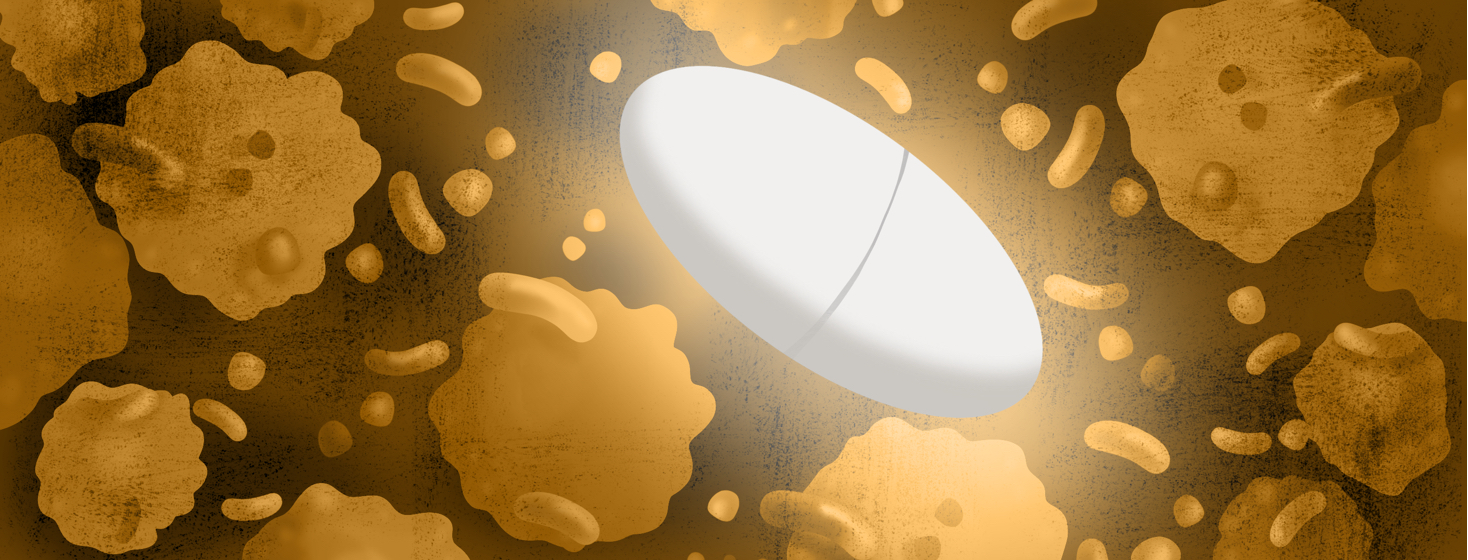Quercetin for Both Atopic Dermatitis and Allergic Rhinitis
It’s that time of year again. The sun is shining, the birds are singing, my eyes are itchy and watering, my hands and face are itchy, dry, and flaky.
Over the years, I’ve tried many treatments for my eczema. Prescriptions, both topical and oral; over-the-counter treatments of all kinds; cortisone; as well as the herbs and medicinal plants from my garden. Some of you may remember when I wrote about the first home remedy I learned to make as a child; Mrs. Read’s rose water and glycerin lotion.
A natural remedy for allergy relief
In searching for something, anything, that will help with my spring allergies, both my itchy watery eyes and my itchy burning eczema, I remembered one particularly bad atopic dermatitis flare a couple of years ago. It was made even more frustrating by the ever-present allergic rhinitis. I had asked my family doctor if there was a stronger antihistamine or a stronger cortisone cream, or anything at all that could help. He suggested adding quercetin, a natural remedy that has both an anti-inflammatory and an antihistamine effect. It can be taken prophylactically and works best when taken before it becomes necessary. How could I have forgotten this wonderful lifesaver? Time for a trip to the drugstore.
What is quercetin?
Quercetin is a powerful antioxidant and antihistamine, so it helps with the inhibition of mast cell secretions. This contributes to a decrease in inflammation and can lead to a reduction in flare-ups. But quercetin shouldn’t take it long term. The recommendation is to use it no longer than 12 weeks. That’s more than long enough for this pollen season. I will start it again in time for the autumn one.
It helps with contact dermatitis as well as allergic dermatitis. One study showed quercetin appears to significantly reduce contact dermatitis, photosensitivity, and associated pruritus that are typically resistant to anti-histamines.1
Where is quercetin found?
Quercetin is a plant-based polyphenol flavonoid found in some fruits and vegetables, especially high in onions. Capers, apples, berries, tea, tomatoes, and grapes all contain quercetin, as do many nuts and seeds. We know food is always the preferred method of getting our vitamins and other nutrients, but it’s difficult to get enough quercetin from food. Supplements are readily available, including the enzyme bromelain (from pineapples), as it helps increase absorption. Red wine also contains quercetin, and I like what this study suggests: That the alcohol in red wine plays a part in the absorption of quercetin.2
Using natural remedies properly
Natural or herbal remedies should complement conventional medicine, not replace it. In Canada, herbal remedies must comply with the Natural Health Products Regulations. The FDA does not regulate supplements in the United States. No matter where you live, any natural or alternative remedies should always be used with care and with the advice of your doctor. It’s also necessary to know which plants may be related to another to which you are allergic. As one example, chamomile is related to the common allergen ragweed.
Now, off to the store for some quercetin, pineapple, and red wine.

Join the conversation